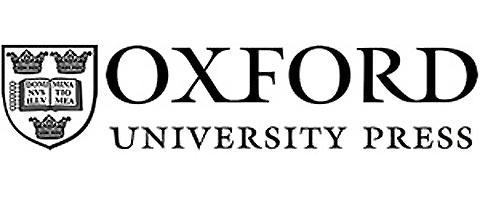🧭 Scope and Puzzle: Recent decades have seen a wide spread of liberal norms in global governance—sustainable development, gender equality, and human security. Scholarship explains trajectories of particular norms but offers less on why international organizations (IOs) as institutions commit to these liberal norms at different depths.
📊 Tracking IO Policy Decisions (1980–2015): This article offers the first comparative large-N analysis of IO commitments, built on a unique dataset of IO policy decisions covering 1980–2015. The dataset enables systematic comparison across organizations and time.
🔍 How Commitment Is Measured: The analysis distinguishes two levels of IO engagement with liberal norms:
- deep norm commitment (substantive policy adoption and implementation), and
- shallow norm recognition (formal acknowledgement or rhetorical endorsement without substantive change).
📌 Key Findings: The results reveal a clear internal–external split:
- Deeper commitments to liberal norms are primarily driven by internal conditions—democratic memberships and institutional designs that facilitate norm entrepreneurship.
- External legitimacy standards and pressures, frequently emphasized in prior research, mainly explain shallower recognition or “talk” about norms rather than substantive adoption.
- These patterns are consistent across the range of liberal norms examined in the dataset.
🤔 Why It Matters: The findings redirect attention from external legitimacy pressures to internal democratic and institutional dynamics when explaining which IOs make meaningful policy commitments versus rhetorical commitments. This has implications for theories of norm diffusion, evaluations of IO credibility, and expectations about progress on issues like sustainable development, gender equality, and human security.







